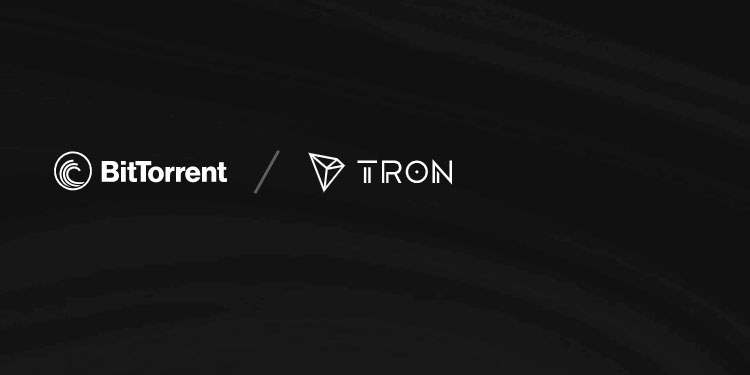Back on Saturday, October 30th, the team of the blockchain network TRON, announced the official launch of the BitTorrent Chain (BTTC) test network. BTTC is already compatible with TRON, Ethereum, and BSC and it will soon also support HECO and OEC.
In the future, BTTC will support more public chains to deliver its mission of connecting all chains. The TRON team has also earmarked $1 billion to spur the migration of projects from Ethereum onto BTTC.

Co-developed by the core teams of BitTorrent and TRON, BTTC is the first heterogeneous cross-chain interoperability protocol in the industry. It features a PoS consensus mechanism and multi-node validation and supports off-chain matching and smart contract extension through sidechains.
These have enriched BTTC with core competencies such as a heterogeneous scalable cross-chain structure, cost-effective transfers, and asset security.
By leveraging the fully decentralized BTTC, users are able to transfer mainstream assets among TRON, Ethereum, BSC in a decentralized manner without any limit, according to the open letter by TRON founder Justin Sun on TRON’s new vision and the official launch of BitTorrent Chain.
Further, as a layer-2 network that is compatible with both the TRON and Ethereum protocols, BTTC features full compatibility with EVM – all EVM developers are allowed to easily migrate their Ethereum-based applications fully onto BitTorrent Chain, which provides scalability for the Ethereum network.
As BTTC arrives, TRON will see the emergence of a closed-loop ecosystem of layer-1 and layer-2 networks with robust cross-chain connectivity.
It is noteworthy that a verifier election of BitTorrent Chain nodes will be held on the TRON blockchain, similar to the one for the TRON protocol. Everyone can take part in the election to become a BTTC node, and BTT holders can cast their votes to earn staking rewards.
Moreover, only a limited number of seats are available, and the election will be ended once the limit is reached. Users can earn BTT rewards and co-govern the community once they become the verifiers.
With its development, TRON has grown into one of the largest blockchain-based networks in the world. Furthermore, TRON has recently been active in NFT technology. Besides launching its first NFT standard (TRC-721) this past March, TRON also enhanced its distributed storage system BTFS, providing an alternative and efficient infrastructure to turn artworks into NFTs on the blockchain.


















